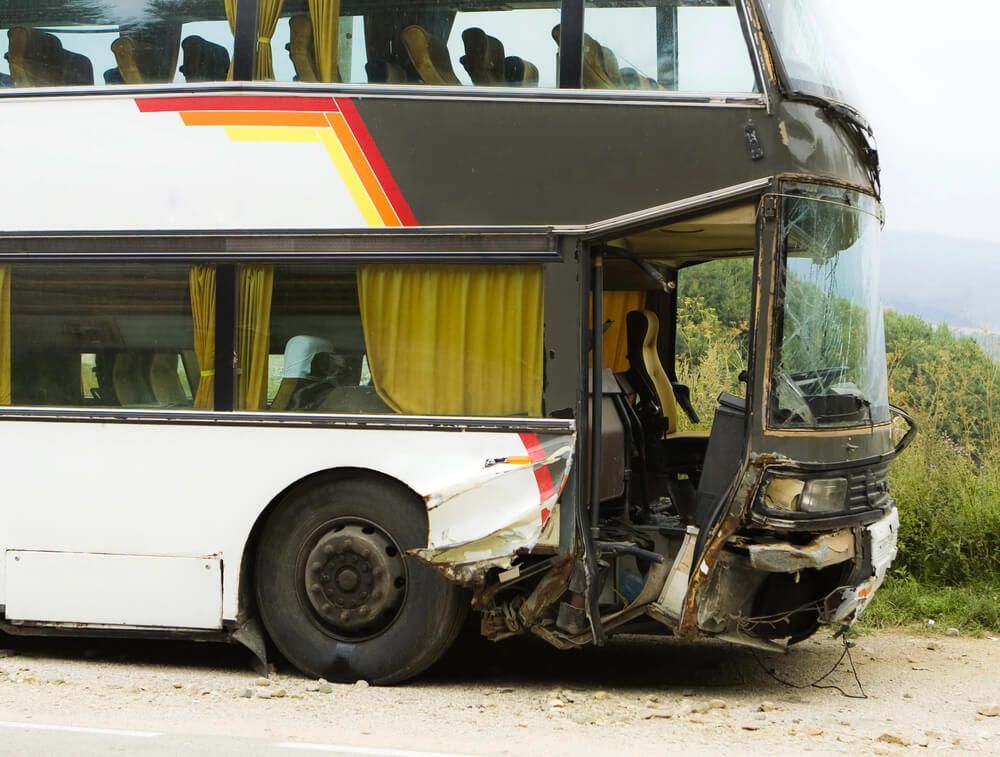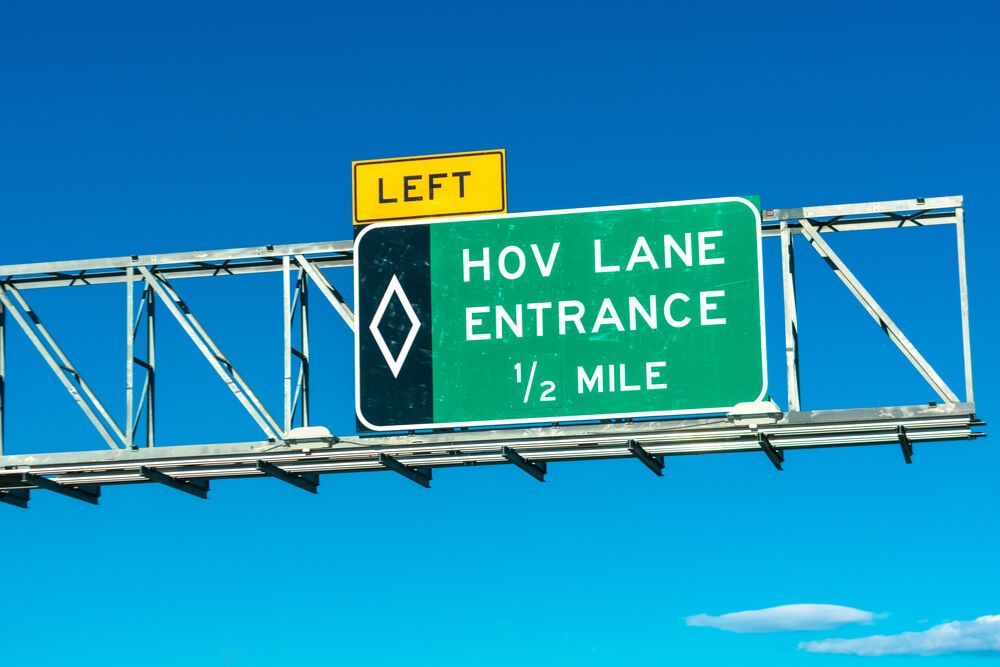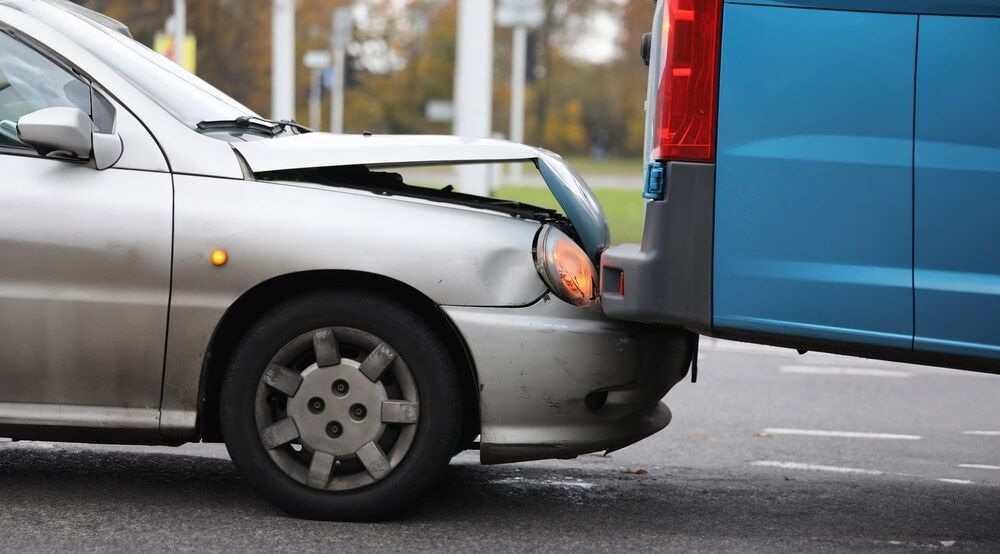Does Insurance Go Up If You're Not at Fault?
Recent Blog Posts
Does Insurance Go Up If You're Not at Fault?

After a crash that wasn’t your fault, you’re likely dealing with pain, bills, and stress. The last thing you need is for insurance to go up when you’re not at fault. Unfortunately, even accidents caused by other drivers can affect your rates.
Does a No-Fault Accident Affect Insurance Rates?
Some insurers raise insurance rates for not-at-fault accidents, especially in no-fault states. In Arizona’s fault-based system, the at-fault driver’s insurer is responsible for damages, and you shouldn’t face a surcharge, but rates can go up.
Risk Profile
Insurers base premiums on risk. Data shows that drivers who’ve had an accident, regardless of fault or if damage exceeds limits, are statistically more likely to have another. That’s why some companies raise rates by about 10% after a no-fault crash.
Claims History
Each claim on your record signals higher risk. Multiple claims, even if you weren’t responsible, can classify you as high-risk. Some drivers pay for very minor damage out of pocket to avoid extra claims, but never hide an accident involving injury or major damage, as that can jeopardize coverage.
State Regulations
In no-fault states, drivers use their own policies for injuries, so rate hikes are more common. Some states such as California ban surcharges when you’re not at fault. Arizona’s fault-based system lets you file against the responsible driver, though your insurer might pay some benefits and seek reimbursement later.
Administrative Costs
Even when another insurer reimburses them, your carrier may still handle the initial claim and absorb administrative expenses. Some companies offset those costs by applying small surcharges to all claims.
Should I File a Claim With My Insurance if I'm Not at Fault?
You should contact your insurer even if you’re not at fault. It can feel unnecessary when someone else caused the crash, but doing so protects you. Claims can become even more difficult if you try to take action after settling with insurance. Here’s why reaching out to an insurer (and an attorney) beforehand helps.
Policy Requirements
Most policies require reporting any accident. Failing to notify your insurer could breach your contract and jeopardize coverage. Reporting preserves your rights and ensures protection if the other driver blames you later.
Faster Resolution
Your insurer can start repairs and payments right away, then seek reimbursement from the at-fault carrier. This is critical if the other insurer delays or disputes liability.
Protection Against Disputes
Your policy may offer coverage the at-fault driver’s insurance doesn’t, such as uninsured/underinsured motorist or MedPay benefits. Filing activates these protections without waiting for the other company.
Can You Prevent Your Insurance From Going Up After a No-Fault Accident?
While you can’t control another driver’s negligence, you can take steps to mitigate potential premium increases:
- Accident forgiveness: Some insurers waive your first surcharge if you’ve maintained a clean record.
- Higher deductible: Raising it from $200 to $500 can cut collision costs by 15–30% if you can afford the difference.
- Skip minor claims: Pay out of pocket for small repairs below your deductible.
- Shop around: Different insurers weigh claims differently, so compare quotes and maintain a clean driving record.
Insurance Can Go Up If You’re Not at Fault, But You Have Options
Does a no-fault claim affect insurance rates? It can. Arizona’s fault laws protect drivers, but insurers don’t always play fair. If you’re facing rate hikes or struggling with an insurer, contact an experienced accident attorney at Sargon today for a free consultation and let us help you protect what matters most.






